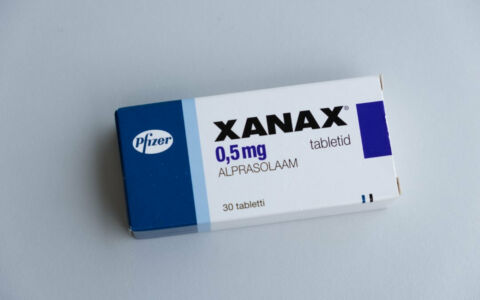
Benzodiazepine Abuse in Georgia
Benzos are anti-anxiety medications that bind to GABA neurotransmitter receptors in the brain. This stimulates a calming effect that lasts longer than if GABA is naturally stimulated. These drugs quickly produce tolerance and require users to take more before they feel the same effects.
In Georgia:
- 95% of people who are admitted to hospitals or treatment facilities for benzos also reported using other drugs
- 33% of people abusing benzos also abuse opiates
- From 2016-2017, almost 4 million prescriptions were written for benzos to Georgia residents
These numbers are striking because it shows just how accessible these drugs are. When taken as prescribed, they are safe. But if the person develops a tolerance and dependence on the drug to function, addiction is close behind.
Stories of Recovery
Many people who have taken benzos for an extended period of time or since they were young may not believe they can function without the drug. These stories are from real people who struggled with benzo addiction and overcame it.
Physical Signs of Use
With prescription drugs like Xanax, it can be difficult to tell if someone is abusing them. Because they are legal, their use is not always concerning. Physical signs to look out for may include:
- Drowsiness or Slurred Speech
- Loss of Appetite
- Lack of Coordination
- Tremors
- Confusion
Symptoms of Benzo Abuse
People who misuse their benzo prescription may “doctor shop” to get new prescriptions without seeming suspicious. They may make up excuses for why they need to increase their use or why they need to see a new doctor. People who do abuse benzos often mix alcohol or other drugs with them. They may also be unable to cut back on use without experiencing withdrawal symptoms. They may engage in risk-taking behaviors and do things they wouldn’t normally do. In extreme cases, benzo abusers may blackout and not remember what they’ve done while on the drug.

What is Benzo Withdrawal Like?
Benzodiazepine withdrawal often begins about a day after the last dose and can last anywhere from a few days to a few months. This, of course, depends on the dose someone is taking and for how long.
Withdrawal from benzodiazepines can be extremely dangerous. It is one of the only drugs where withdrawal can cause death. This is because the body becomes so dependent on benzos to function. Stopping suddenly and without medical help can be extremely painful and lead to death, so it is important to seek help immediately.
SYMPTOMS OF BENZO WITHDRAWAL MAY INCLUDE:
- Physical aches and pains
- Sensations like bugs are crawling on the skin
- Hyperventilation
- Sweating
- Weight Loss or Anorexia
- Panic Attacks
- Nausea or Vomiting
- Insomnia
- Grand Mal Seizures
- Hallucinations, Delusions, or Detachment from Reality
- Intense Cravings
- Death
Treatment
Not only is it important to seek treatment for benzo withdrawal, but it is incredibly important to detox in a medical facility. Not only will they be able to provide 24/7 supervision, but they will be equipped to make this process as safe and comfortable as possible.
Talk Therapy
There are usually underlying conditions (mainly anxiety) that lead to benzo abuse. Addressing these issues with a clinician through a variety of talk therapies can treat the root of why someone decides to take and abuse benzos. Without treating that root cause, it is likely a relapse will occur.

Medication
Different medications can help treat withdrawal symptoms as well as underlying conditions that led to benzo use in the first place. Non-benzo anti-anxiety medications may be prescribed to take the place of the benzo and to treat anxiety. Sleep aids can help with the insomnia many users experience during withdrawal. Antidepressants and anticonvulsants may also help during the withdrawal period and with post-acute withdrawal.

Benzo Support Resources
- Northeast Georgia Area of NA: Provides meeting times and locations as well as local resources.
- Narcotics Anonymous: This website allows you to search for meetings in your area.
